Learning Modules


Available Simulation Curriculum
All of CAE Healthcare′s simulation curriculum and patient cases are developed in collaboration with leading educational institutions and clinical experts. Our simulated clinical experiences (SCEs) include a scenario synopsis, learning objectives, learner performance measures, facilitator′s notes, debriefing points, teaching questions and evidence-based references.
We provide simple cases for beginners as well as a full range of complex scenarios and procedures to help practicing clinicians improve preparation and readiness. Rich patient content, including lab reports, X-rays and patient histories, are based on lab reports and x-rays to patient histories are based on real patient data and can present multiple pathologies and complications to allow practice of clinical response.
Results
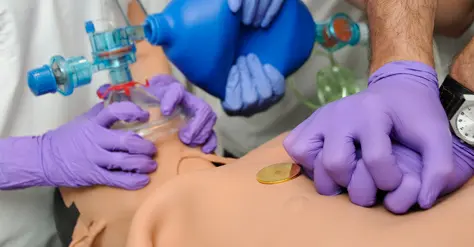
Advanced Cardiac Life Support (ACLS) & Advanced Life Support (ALS)
Learn more
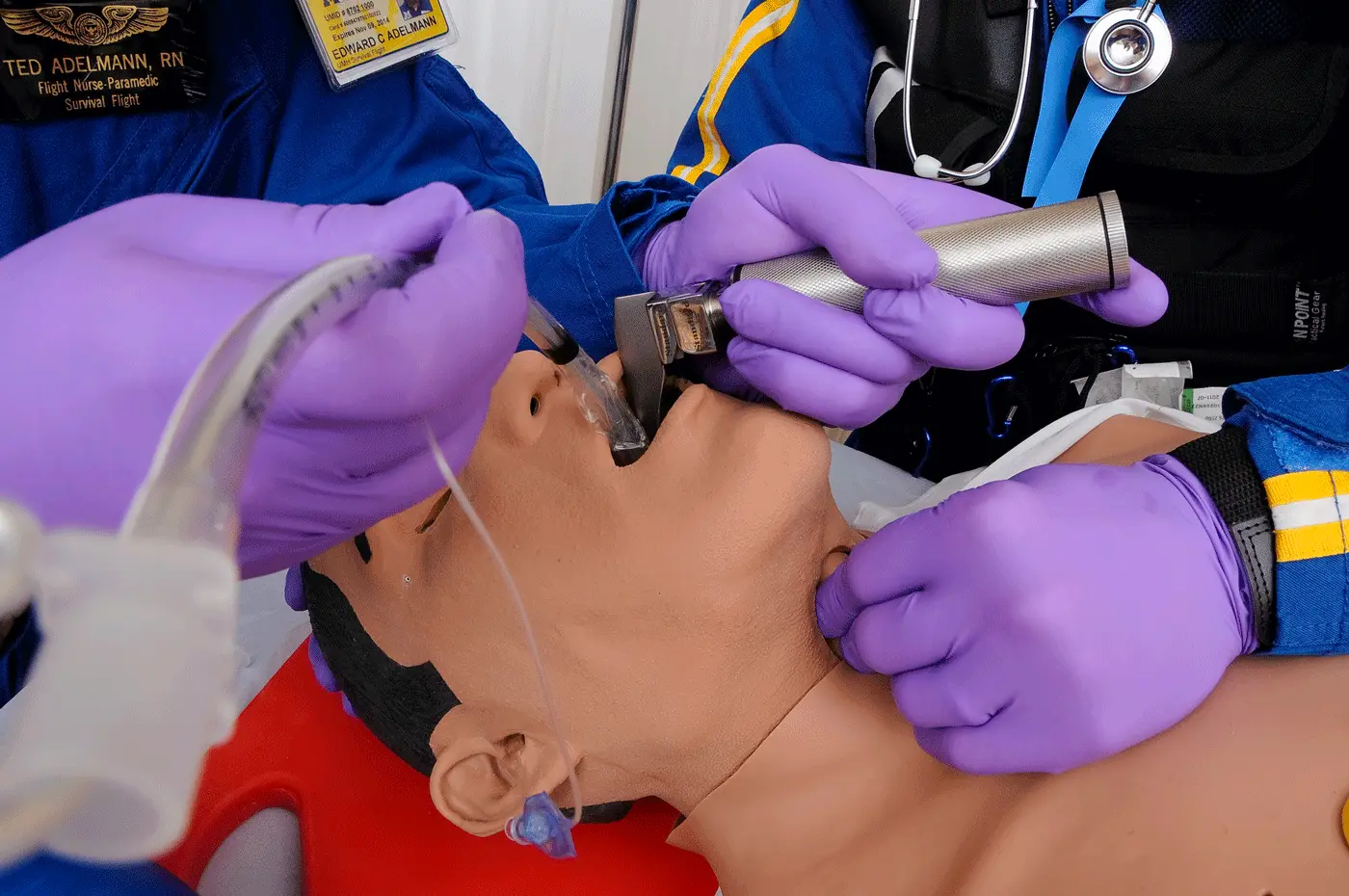
Airway Management
Learn more
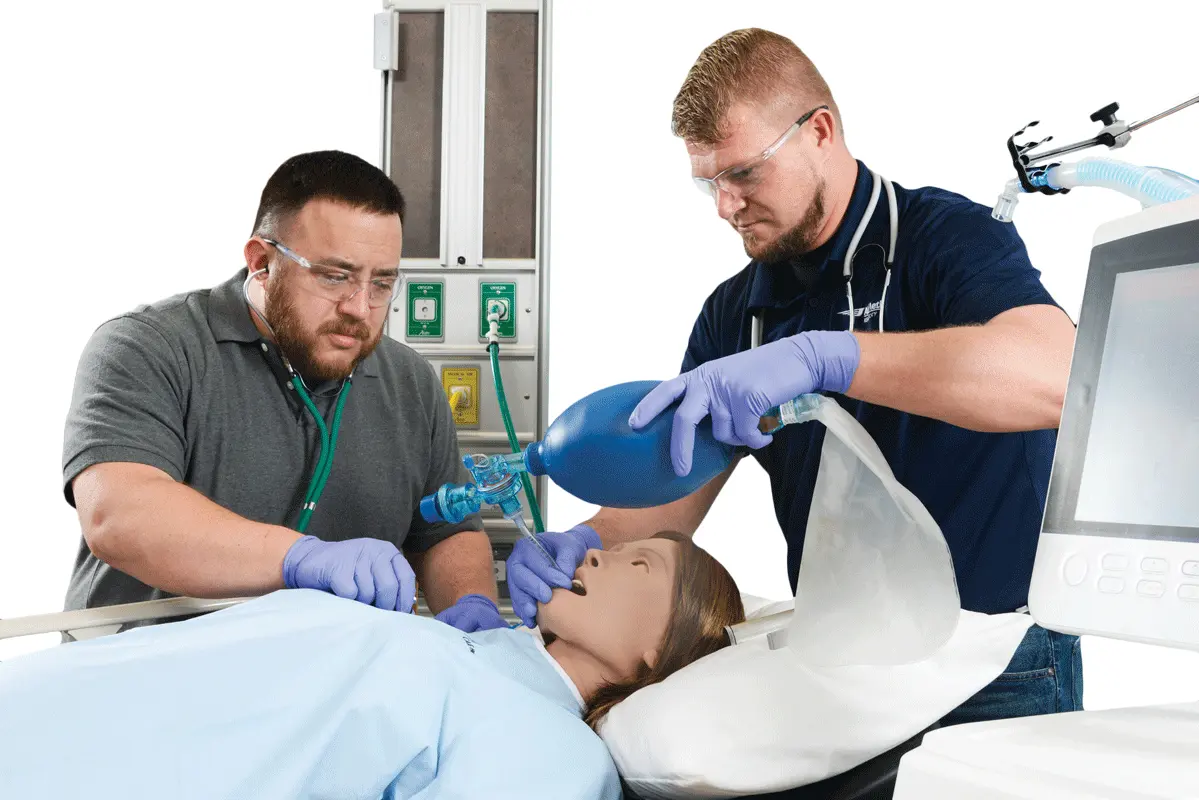
Cardiopulmonary Critical Situations (CCS)
Learn more
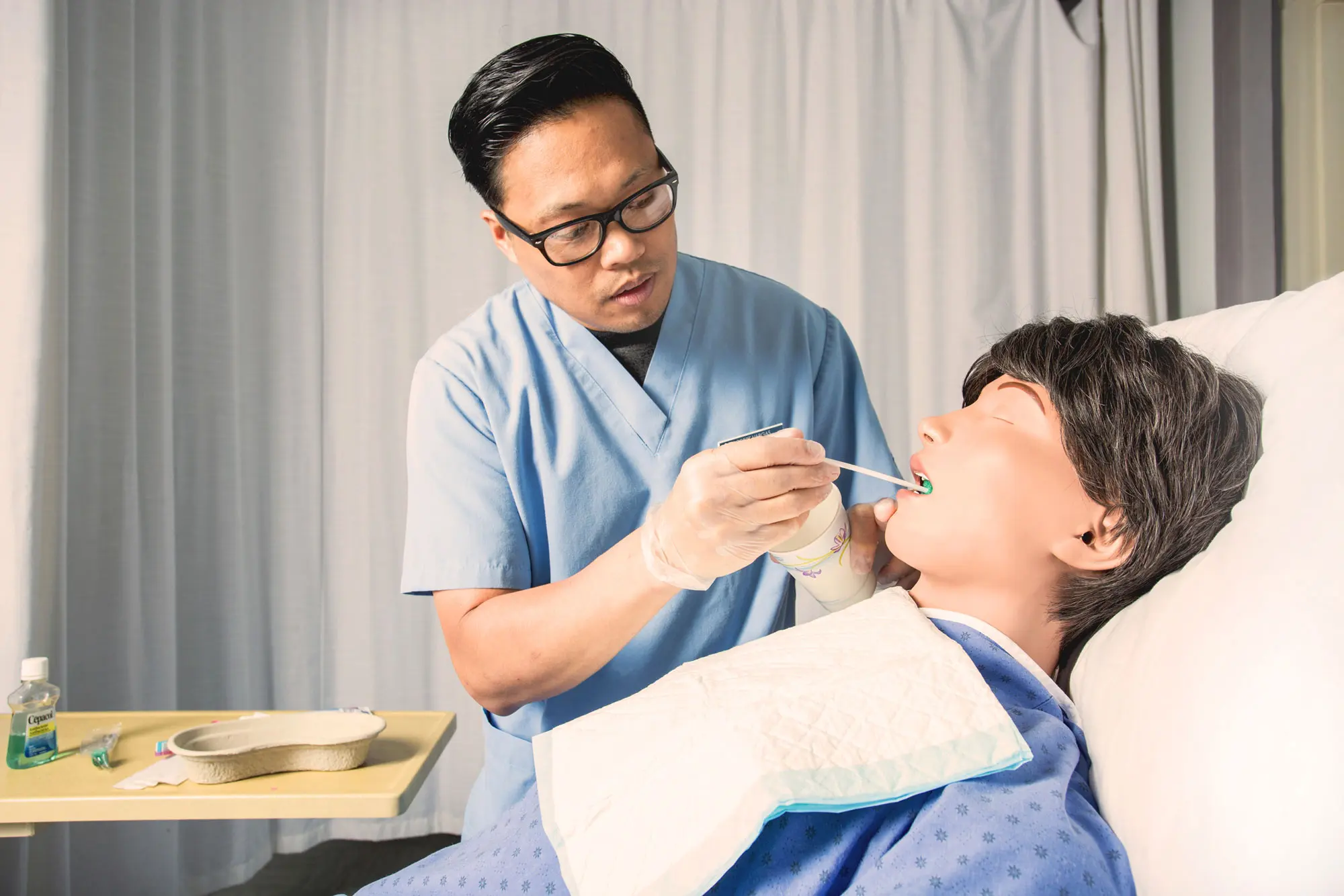
Chronic/Community Care Nursing
Learn more
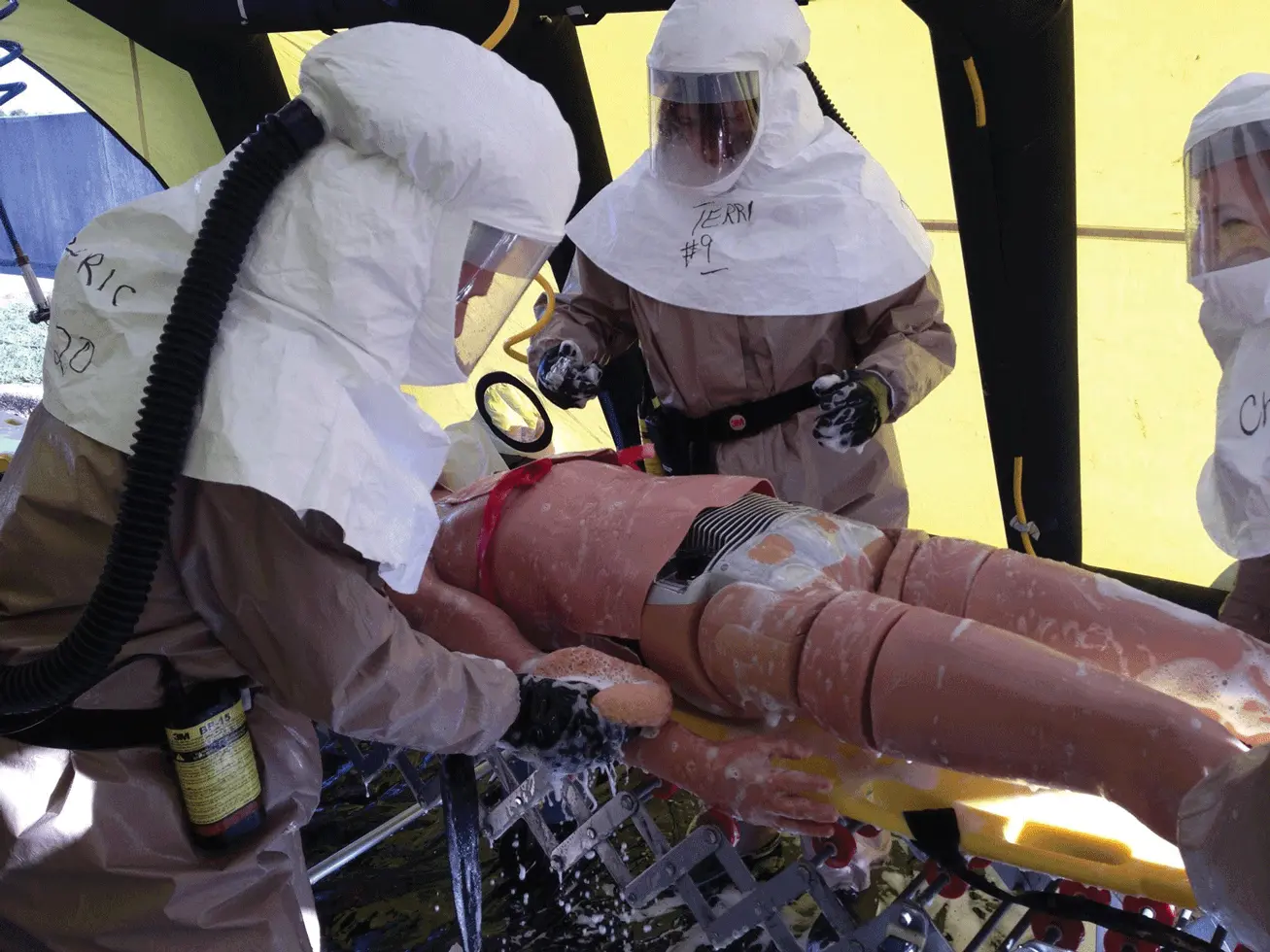
Disaster Medical Readiness (DMR)
Learn more
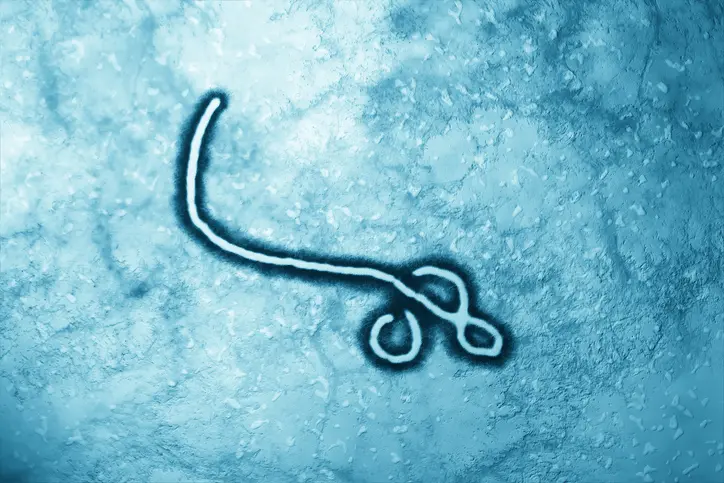
Ebola
Learn more
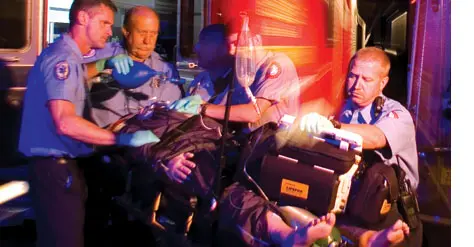
Emergency Medical Services (EMS)
Learn more
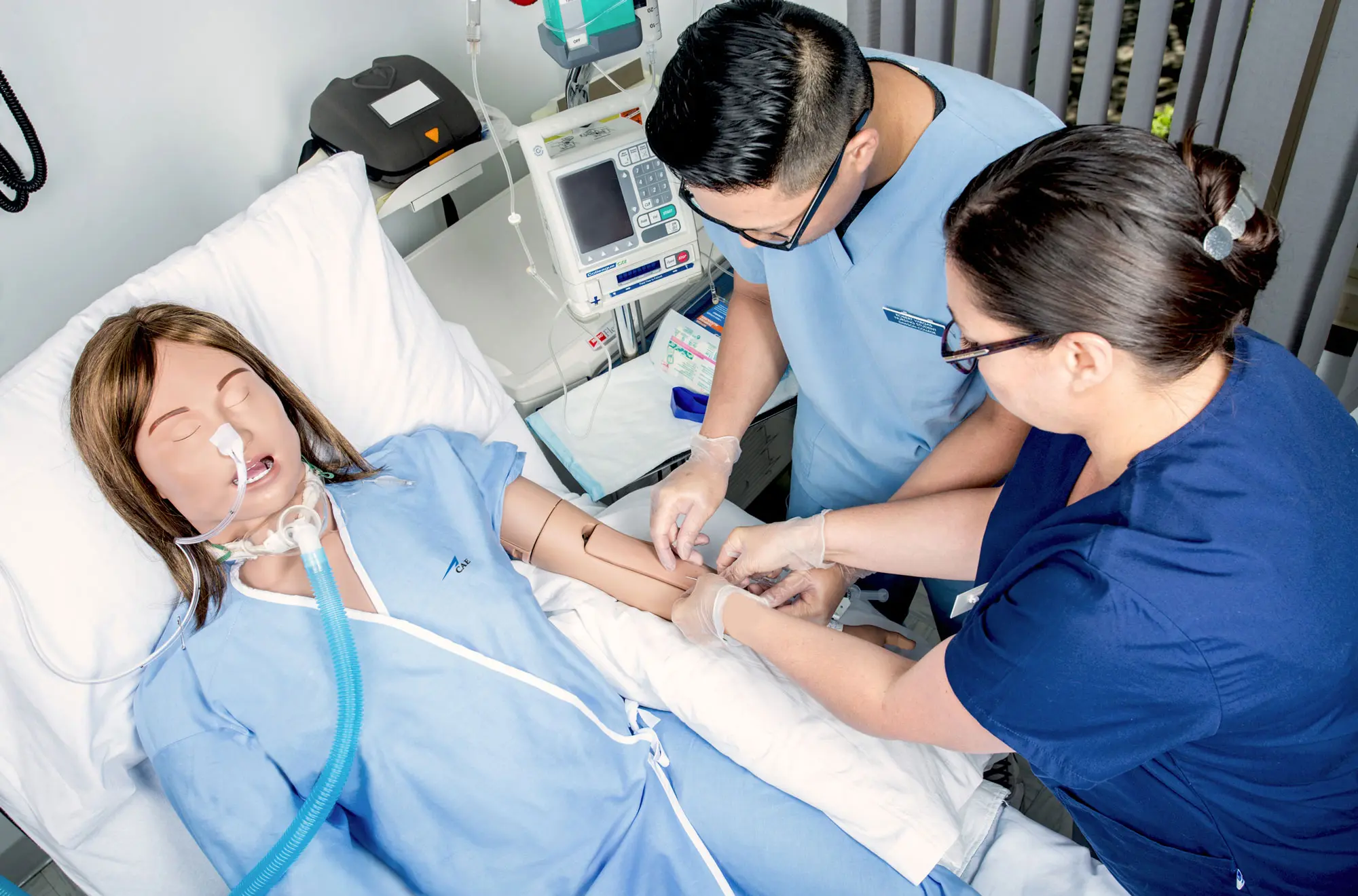
High Acuity Nursing
Learn more
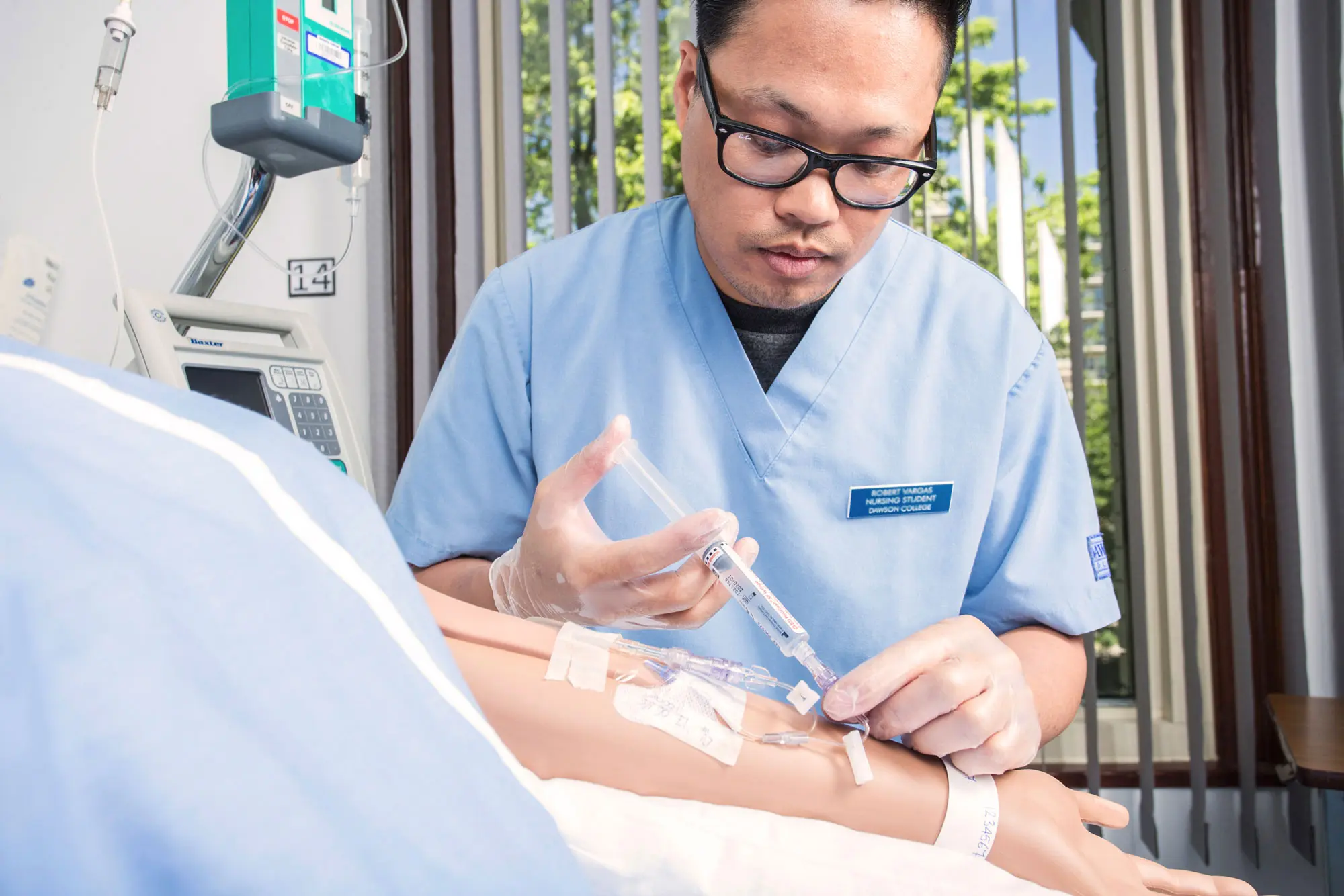
Medical-Surgical Nursing
Learn more
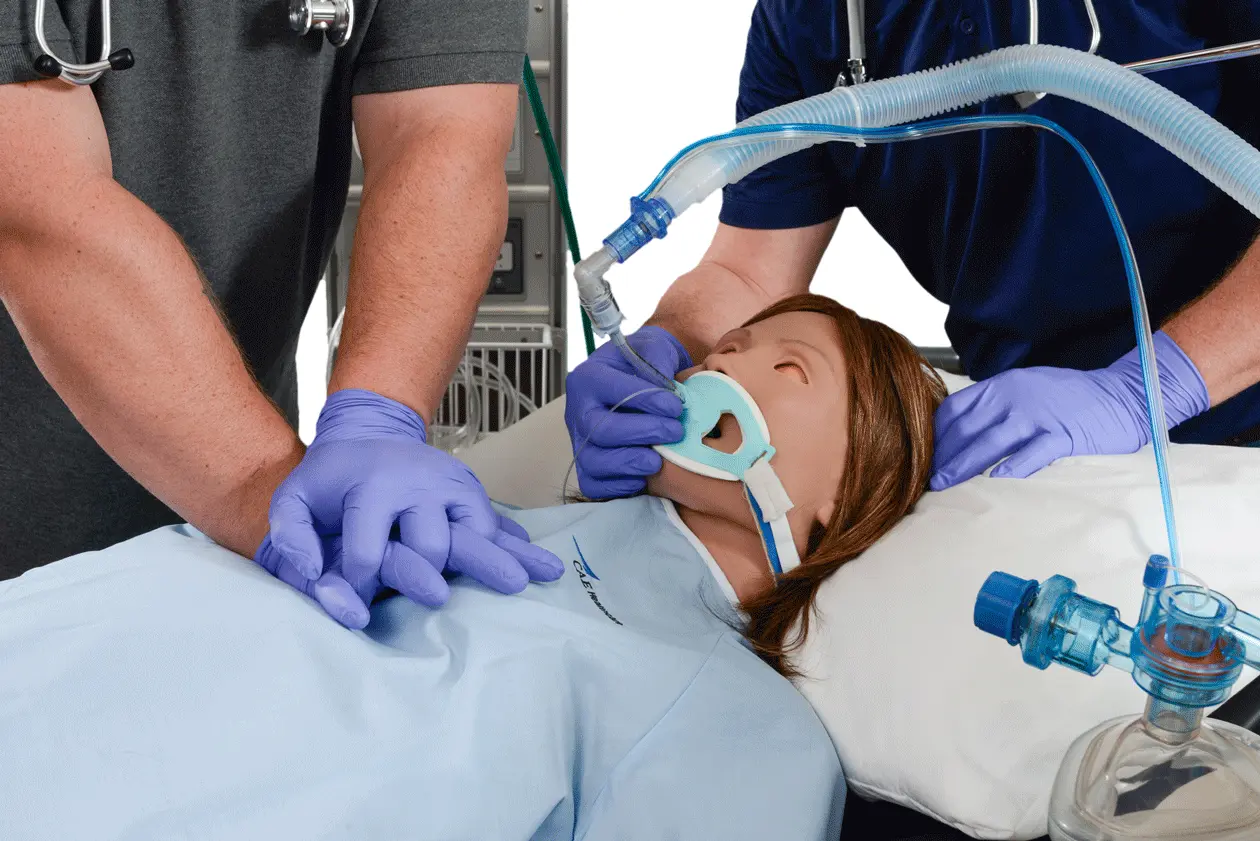
Non-gravid Patient Module
Learn more
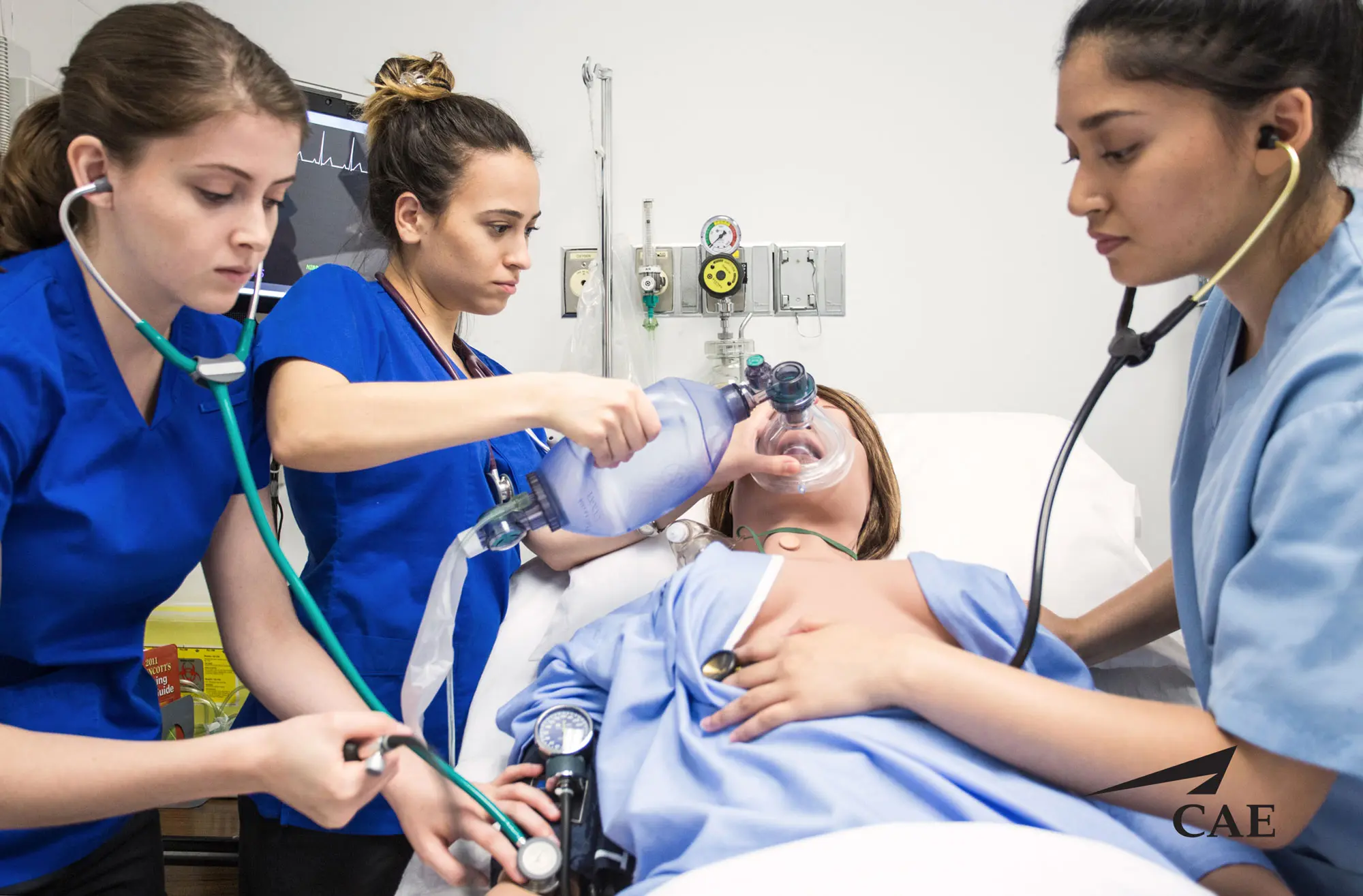
Nursing Assessment
Learn more
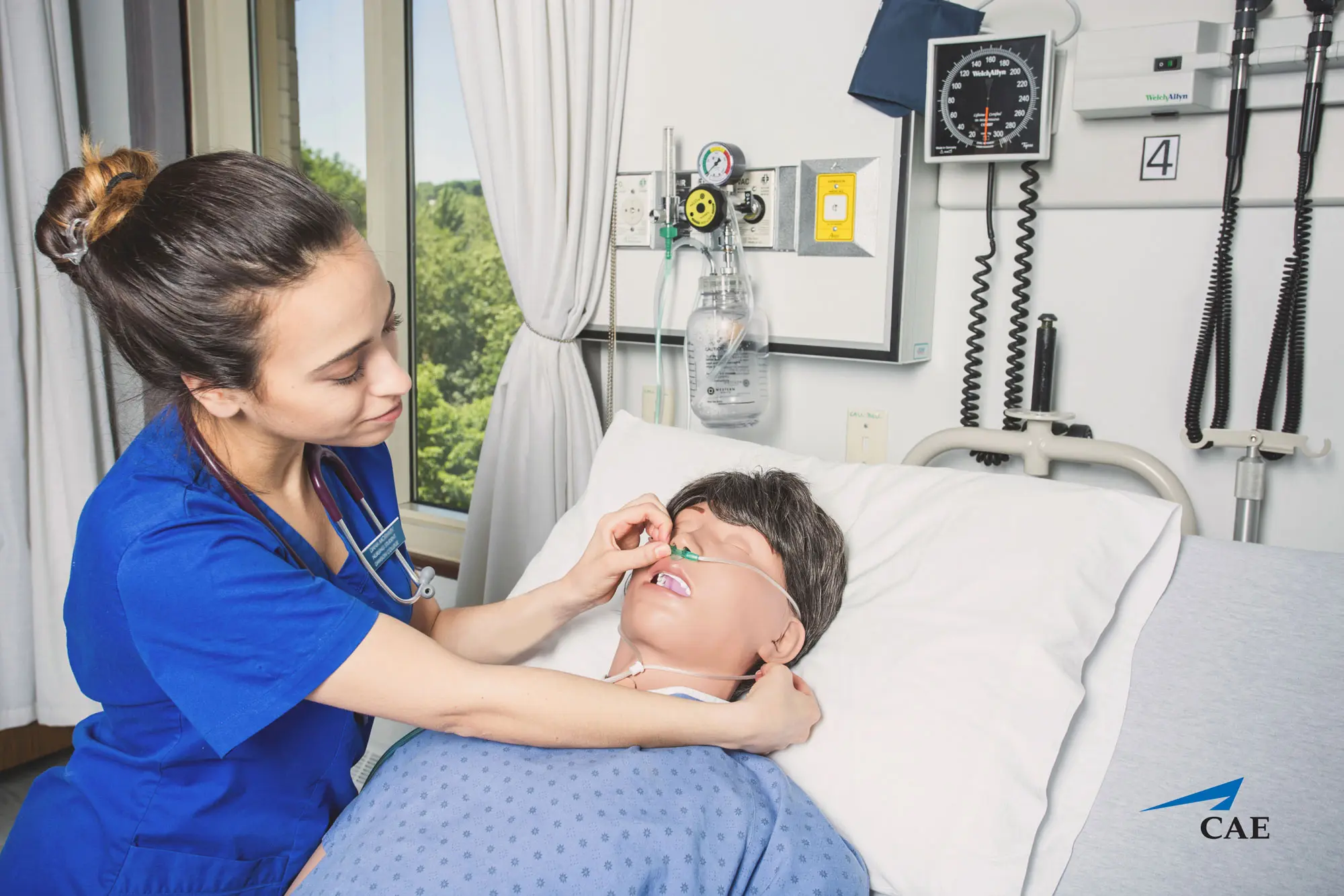
Nursing Fundamentals
Learn more
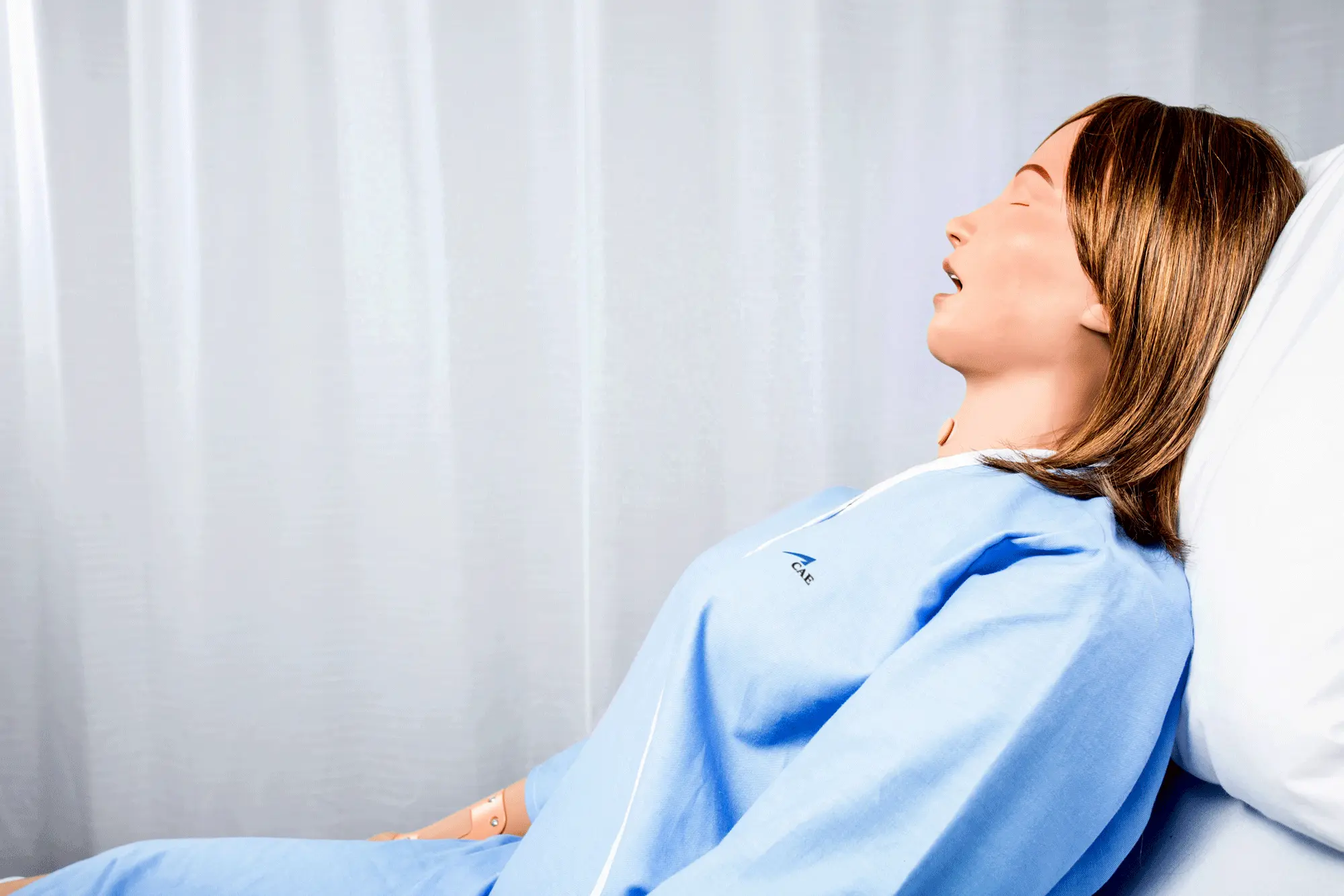
Obstetrical Nursing
Learn more
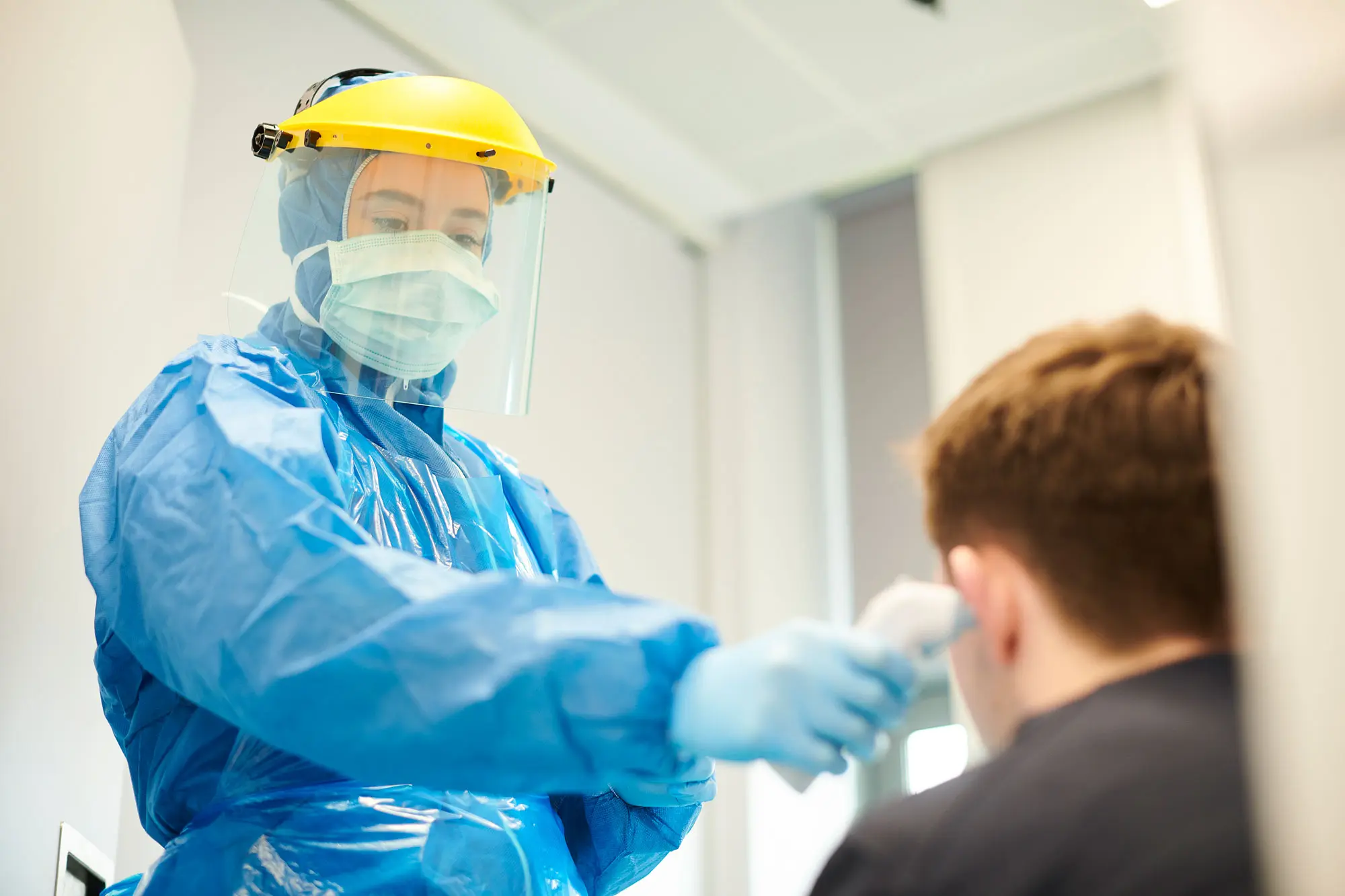
Pathogens of High Consequence
Learn more
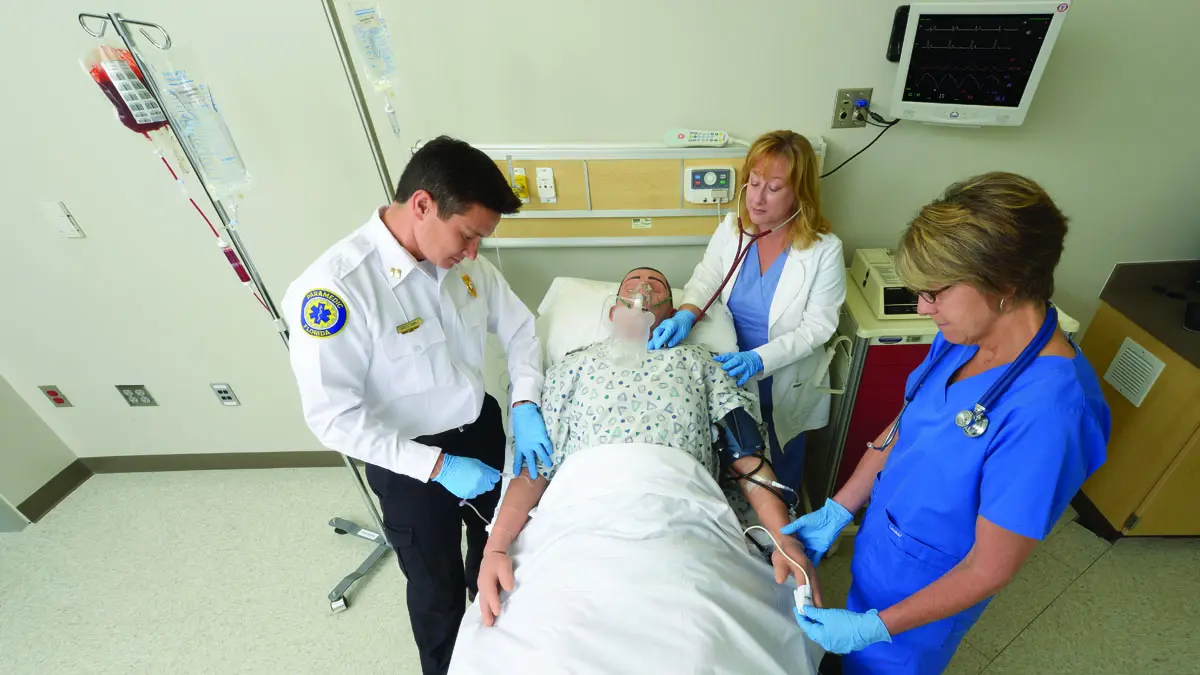
Patient-centered Acute Care Training (PACT)
Learn more
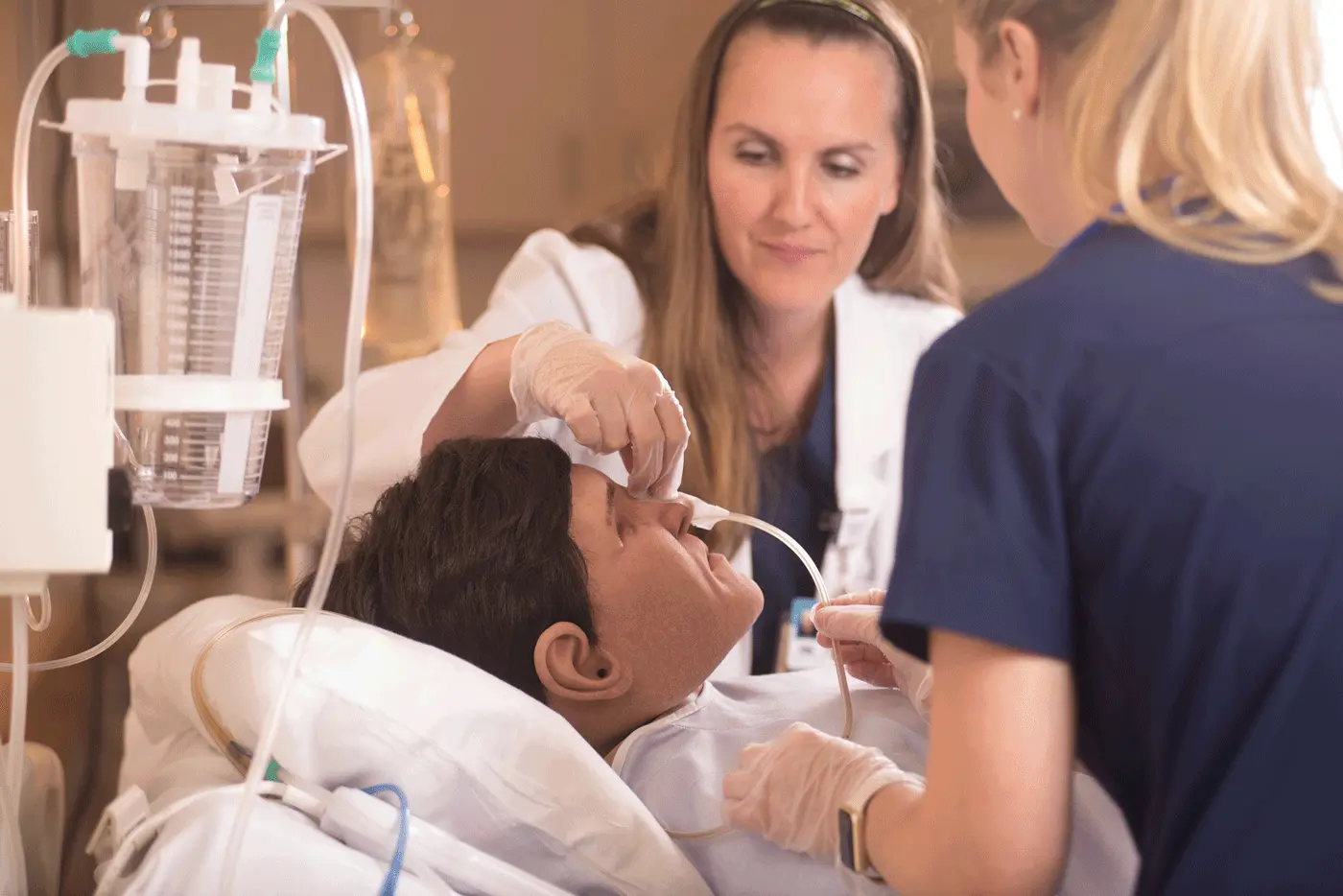
PNCI - Program For Nursing Curriculum Integration
Learn more
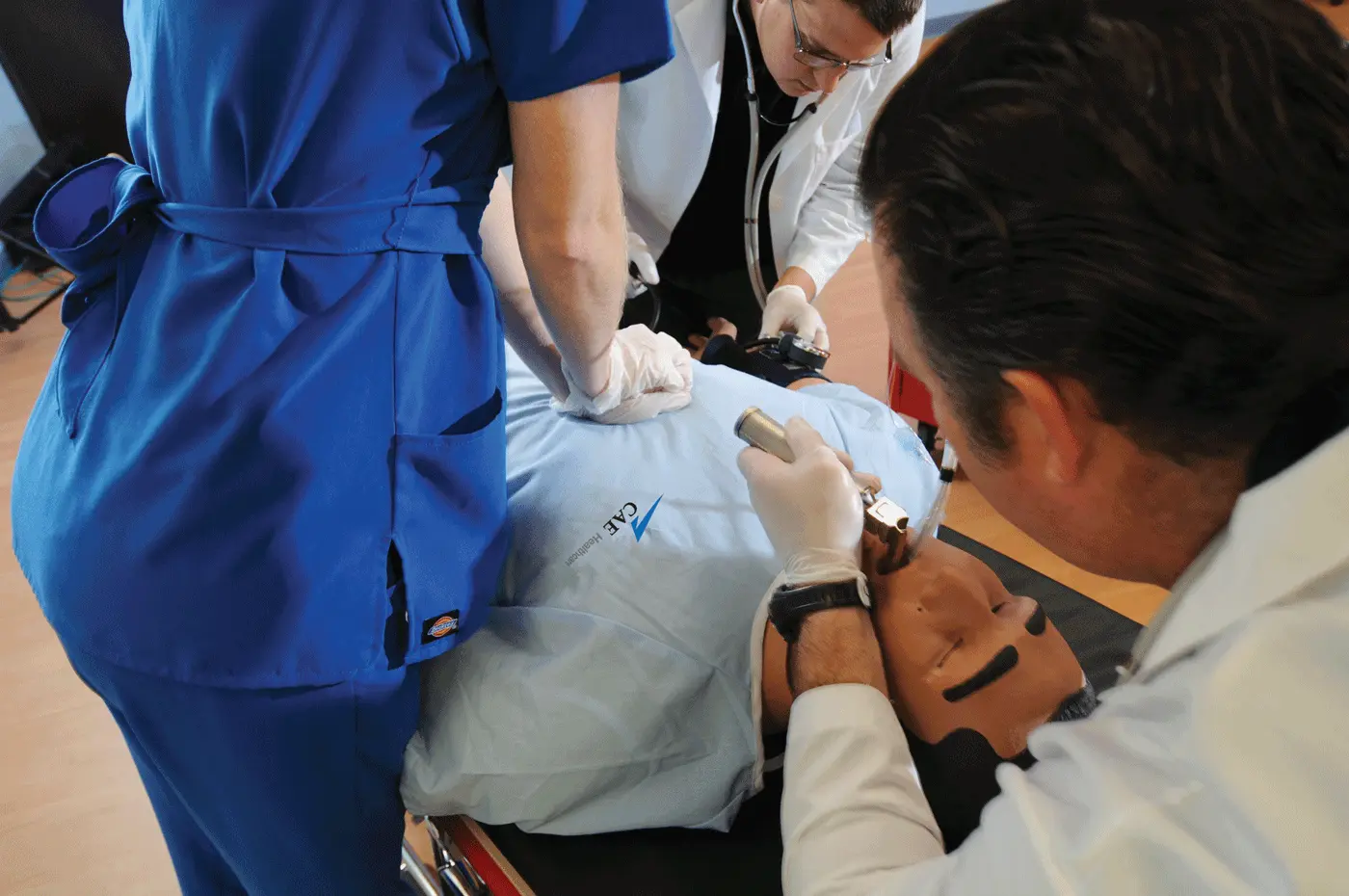
Rapid Assessment And Intervention
Learn more
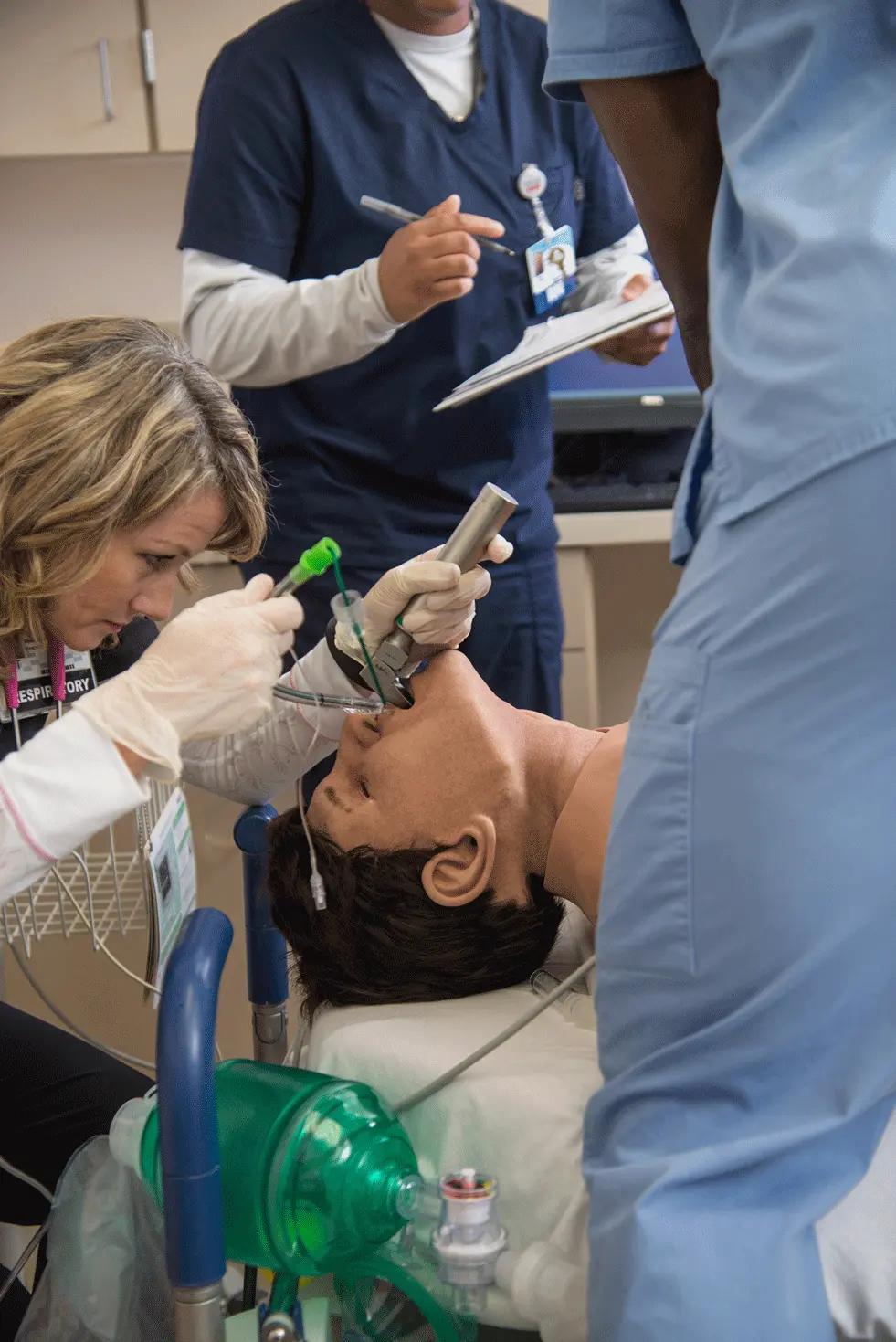
Respiratory Education Simulation Program (RESP)
Learn more
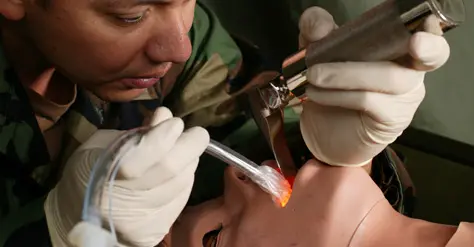
Tactical Medical Care (TMC)
Learn more
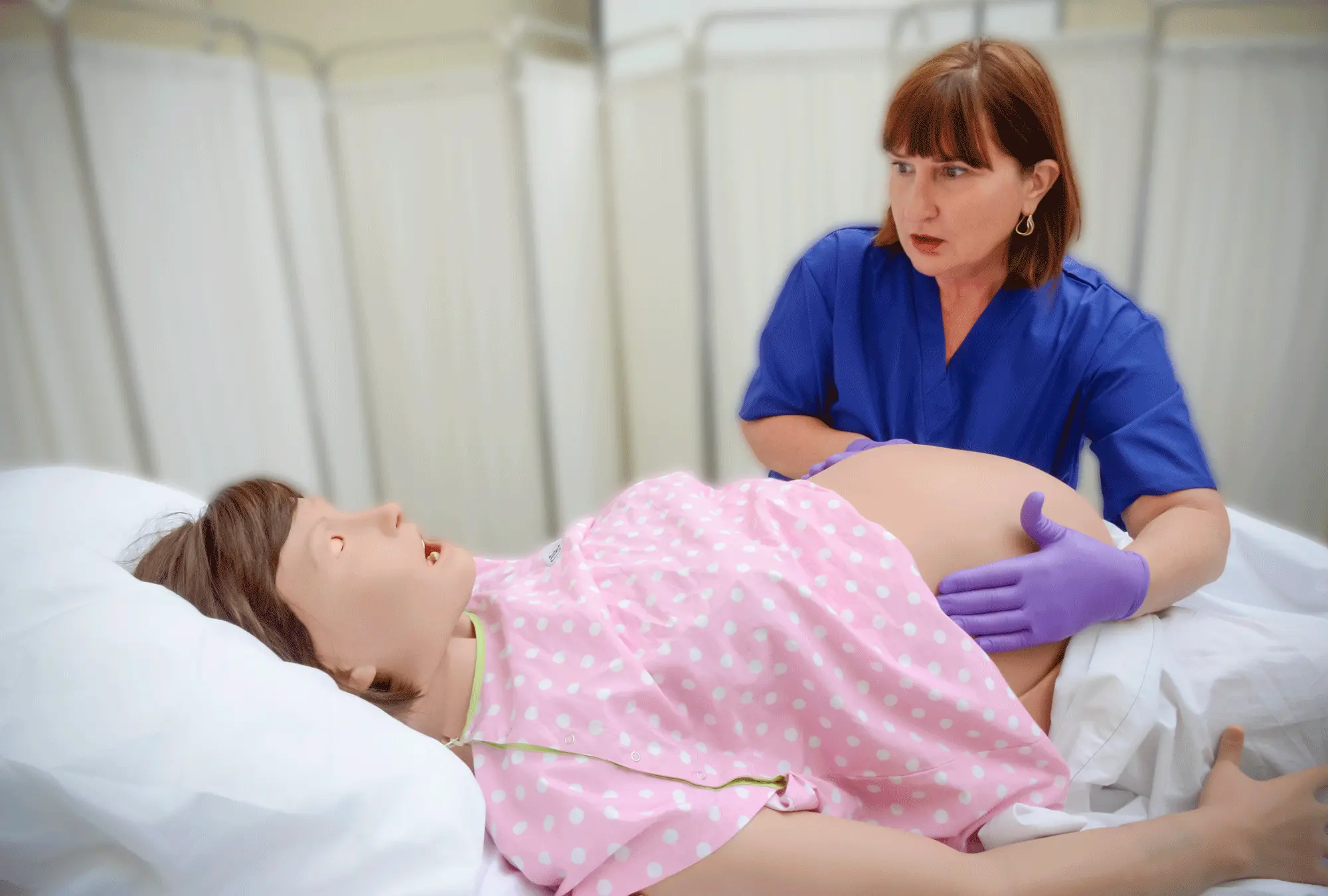
Urgent Obstetrical Situations (UOS)
Learn more